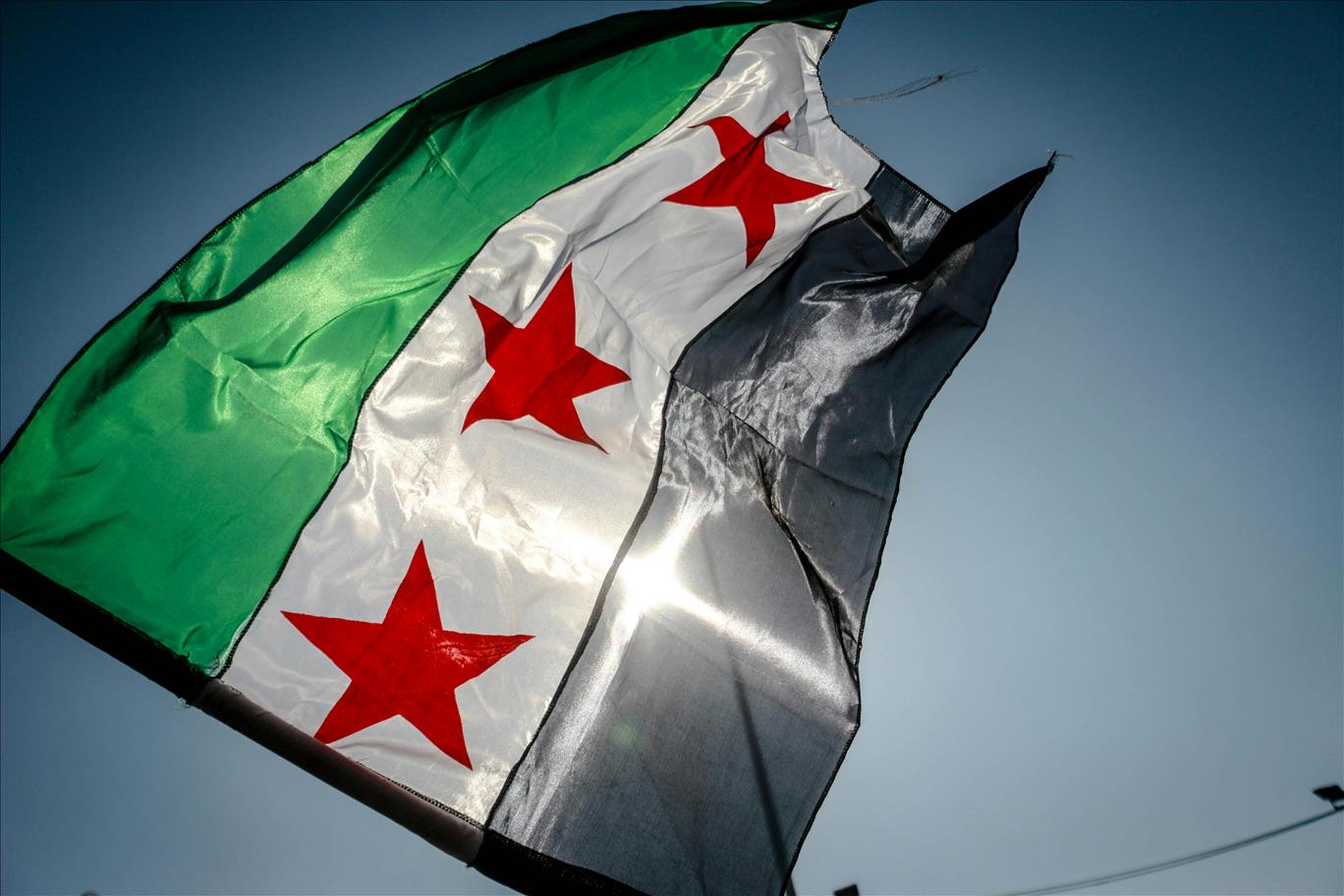
403
Sorry!!
Error! We're sorry, but the page you were looking for doesn't exist.
Syria Rejects External Debt After Economic Breakthrough
(MENAFN) Syria's Central Bank Governor Abdul Qader Husariya delivered a decisive blow to traditional borrowing models Friday, announcing the nation will completely reject external financing under new leadership.
"Syria, by order of President Ahmad al-Sharaa, will not resort to external debt, nor will there be any borrowing from the International Monetary Fund or the World Bank," Husariya declared in remarks carried by media.
The financial chief revealed stunning economic momentum since Bashar Al-Assad's regime collapsed in late 2024, with the Syrian pound strengthening an impressive 30% against international currencies.
Damascus has abandoned plans to anchor its currency to either the US dollar or euro, instead the government "seeks to build a healthy economy based on production and exports, without relying on high interest rates or risky investment incentives."
The banking sector transformation marks a historic shift after seven decades of economic constraints. Husariya emphasized that "the investment environment is now qualified to provide stable returns for investors after the Syrian economy entered, for the first time in seven decades, a phase of full recovery of activity in all its sectors."
International sanctions relief has catalyzed Syria's economic renaissance. President Donald Trump's June 30 executive order terminated US sanctions following Assad's brutal 2011 crackdown on protesters, while European nations simultaneously lifted similar restrictions.
Major banking reforms are accelerating the transformation. "A deposit insurance institution will be established in Syrian banks. It is also expected that distortions in the Syrian pound's exchange rate will end within months, with a unified exchange rate being reached. Real estate loans will be provided to Syrians abroad," Husariya outlined.
The governor celebrated Syria's emergence from financial isolation, stating that "Syria has embarked on a new phase of monetary and banking openness, parallel to the beginning of the end of the decades-long isolation of the banking sector."
A breakthrough international transaction in June marked Syria's first direct bank-to-bank SWIFT transfer in 13 years, connecting a domestic institution with an Italian bank following sanctions relief.
Assad's quarter-century rule ended abruptly in December when he fled to Russia, dismantling the Baath Party's six-decade grip on power that began in 1963.
Al-Sharaa's transitional government launched operations in January, ushering in Syria's new economic era.
"Syria, by order of President Ahmad al-Sharaa, will not resort to external debt, nor will there be any borrowing from the International Monetary Fund or the World Bank," Husariya declared in remarks carried by media.
The financial chief revealed stunning economic momentum since Bashar Al-Assad's regime collapsed in late 2024, with the Syrian pound strengthening an impressive 30% against international currencies.
Damascus has abandoned plans to anchor its currency to either the US dollar or euro, instead the government "seeks to build a healthy economy based on production and exports, without relying on high interest rates or risky investment incentives."
The banking sector transformation marks a historic shift after seven decades of economic constraints. Husariya emphasized that "the investment environment is now qualified to provide stable returns for investors after the Syrian economy entered, for the first time in seven decades, a phase of full recovery of activity in all its sectors."
International sanctions relief has catalyzed Syria's economic renaissance. President Donald Trump's June 30 executive order terminated US sanctions following Assad's brutal 2011 crackdown on protesters, while European nations simultaneously lifted similar restrictions.
Major banking reforms are accelerating the transformation. "A deposit insurance institution will be established in Syrian banks. It is also expected that distortions in the Syrian pound's exchange rate will end within months, with a unified exchange rate being reached. Real estate loans will be provided to Syrians abroad," Husariya outlined.
The governor celebrated Syria's emergence from financial isolation, stating that "Syria has embarked on a new phase of monetary and banking openness, parallel to the beginning of the end of the decades-long isolation of the banking sector."
A breakthrough international transaction in June marked Syria's first direct bank-to-bank SWIFT transfer in 13 years, connecting a domestic institution with an Italian bank following sanctions relief.
Assad's quarter-century rule ended abruptly in December when he fled to Russia, dismantling the Baath Party's six-decade grip on power that began in 1963.
Al-Sharaa's transitional government launched operations in January, ushering in Syria's new economic era.

Legal Disclaimer:
MENAFN provides the
information “as is” without warranty of any kind. We do not accept
any responsibility or liability for the accuracy, content, images,
videos, licenses, completeness, legality, or reliability of the information
contained in this article. If you have any complaints or copyright
issues related to this article, kindly contact the provider above.


















Comments
No comment